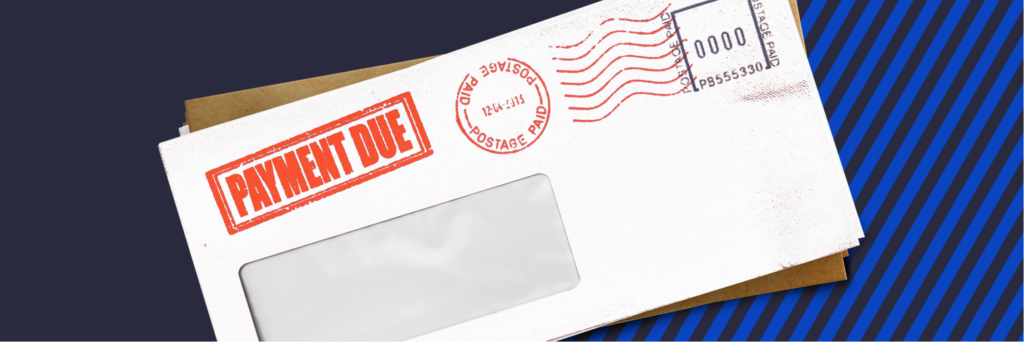1. Credit card applications are bad for my credit score.
Whether you’re seeking a temporary money fix or looking to take advantage of an irresistible introductory offer, chances are you’ve been warned to proceed with caution when applying for credit cards, and rightfully so. Obtaining too many credit cards at once can be a disaster waiting to happen if the cards are not used responsibly or if you’re a credit newbie with limited credit history. Plus, new credit accounts account for ten percent of the unique FICO algorithm used to calculate your credit score.
By contrast, having a stellar credit profile will minimize the damage done to your FICO score. Hard inquiries resulting from credit card applications do have a negative impact on your score, but it is very minimal as the decline will likely only be a few points.
2. It’s okay to exceed the credit limit.
Debt-utilization ratio, anyone?
While your credit card issuer may not assess an over-the-limit fee, that doesn’t necessarily mean it’s OK to continue swiping away even if you’re over the limit. In fact, maintaining a balance that exceeds your credit limit may hurt your credit since the amounts owed account for 30 percent of your FICO score. You could also find yourself with a higher APR for failing to exercise sound debt-management habits.
3. Not carrying a balance is detrimental to my credit health.
To boost your credit score, it is necessary to show lenders you can responsibly manage your debt over time. However, it is not necessary to carry a balance each month. A smarter alternative: once the statement is released, pay the balance in full prior to the end of the grace period. That way, your credit utilization will remain low, you won’t pay interest, and the activity will report to the credit bureaus.
4. All I have to do is make the minimum payment to remain in good standing.
While making the minimum payment by the due date each month will reflect positively on the payment history portion of your credit report, your wallet will take a hit. To illustrate, the minimum payment on Bank of America credit cards only covers 1% of your balance, with the remainder allocated to interest and late fees (if applicable). The higher the balance, the longer it will take to eliminate the outstanding balance.
5. Credit cards come with a 30-day grace period before interest accrues.
If you think all cards come with a 30-day grace period until interest is assessed to your credit card balance, think again. You may be fortunate to have a card that gives you this lengthy time span to eliminate the balance before interest is applied, but some grace periods are 20 days or less.
6. Closing idle accounts will boost my credit score.
“By closing an old or unused card, you are essentially wiping away some of your available credit and there by increasing your credit utilization ratio,” says myFICO. Therefore, it’s best to keep idle accounts open for the sake of this ratio, which significantly impacts your credit score. Also, remember that closing a credit card won’t make it go away.




